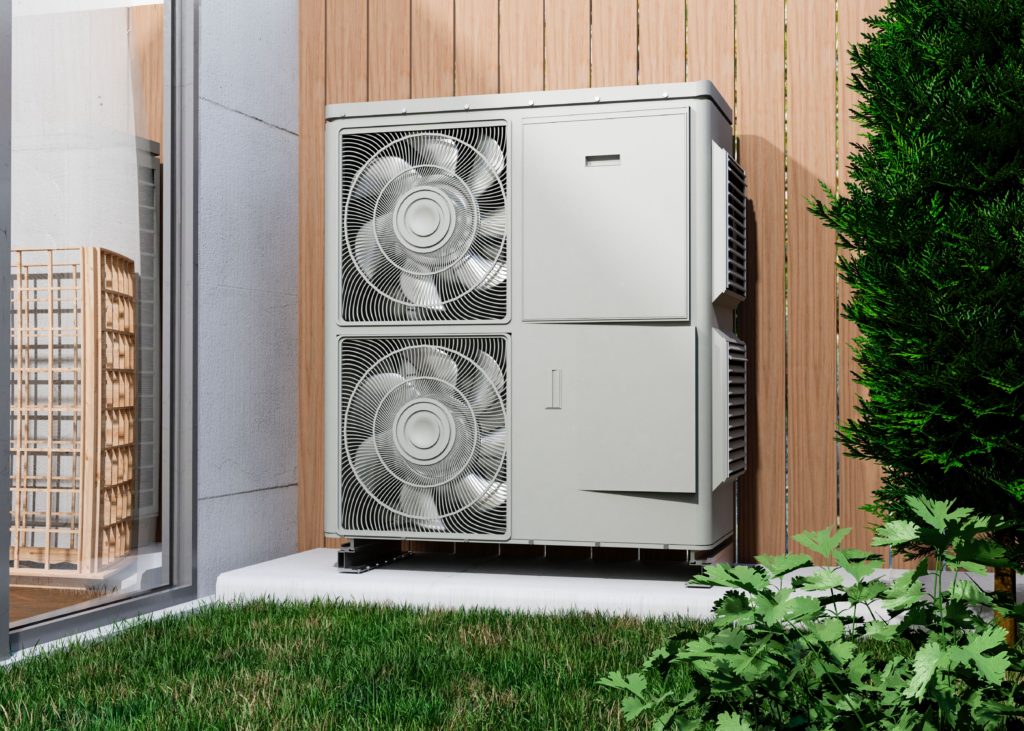As the world increasingly focuses on sustainable living and reducing carbon footprints, heat pumps have emerged as a promising technology in the realm of home heating and cooling. This article explores the ecological advantages of heat pumps, illustrating why they are considered an environmentally friendly alternative to traditional HVAC systems.

What is a Heat Pump?
A heat pump is a device that transfers heat from one place to another using a small amount of external power. It operates on the principle of heat transfer rather than generating heat directly. This allows heat pumps to provide the same heating or cooling services as conventional systems but with significantly higher energy efficiency. How heat pumps are saving the planet?
1. Energy Efficiency
One of the most significant ecological benefits of heat pumps is their energy efficiency. Heat pumps can transfer up to three times more energy than they consume. This is a stark contrast to traditional heating methods like furnaces and boilers, which may operate at efficiencies of less than 100%. By using less energy to maintain comfortable temperatures, heat pumps reduce overall electricity consumption and the demand on power plants, which often rely on fossil fuels.
2. Reduced Greenhouse Gas Emissions
By optimizing energy use, heat pumps significantly lower greenhouse gas emissions. Since they require less electricity than traditional heating systems, the overall impact on the environment is reduced, particularly if the electricity is sourced from renewable energies. This shift can markedly decrease a household’s carbon footprint, contributing to global efforts against climate change.
3. Lower Reliance on Fossil Fuels
Traditional heating solutions typically rely on oil, natural gas, or coal. Heat pumps, however, can utilize electricity, which can be produced from renewable resources such as solar, wind, and hydroelectric power. This not only helps in reducing dependency on fossil fuels but also supports a sustainable energy transition.
4. Improved Air Quality
Heat pumps do not produce combustion gases, leading to better indoor air quality compared to systems that burn fuels onsite. This feature is particularly important in densely populated areas or regions with high levels of air pollution. By eliminating the emission of pollutants like nitrogen oxides and particulates, heat pumps contribute to a healthier environment.
5. Longevity and Sustainability
Heat pumps are designed to have a long operational life, typically ranging from 14 to 15 years, which can be extended with proper maintenance. This longevity reduces the waste and environmental impact associated with the manufacturing, installation, and disposal of heating systems. Additionally, many components of modern heat pumps are recyclable, which further enhances their ecological benefits.
Conclusion
Heat pumps represent a sustainable alternative to traditional heating and cooling systems, offering numerous ecological benefits from energy efficiency and reduced emissions to supporting a greener energy infrastructure. As the world moves towards more sustainable energy solutions, the adoption of heat pumps could play a critical role in achieving environmental targets and promoting a healthier planet.
Incorporating heat pumps into new buildings and replacing old systems in existing structures could significantly impact energy usage patterns globally. For anyone considering a greener, more energy-efficient home, heat pumps offer a compelling solution that aligns with both personal comfort and ecological responsibility.
Article prepared in cooperation with coolplanet.io
 Greenzoner.com
Greenzoner.com
Leave a Reply